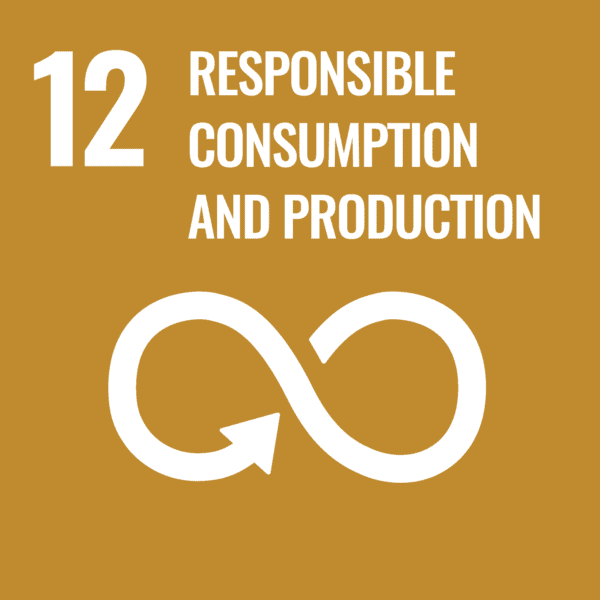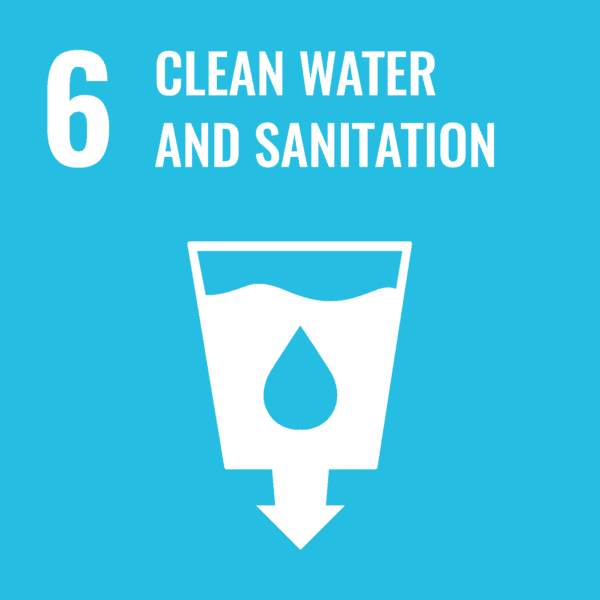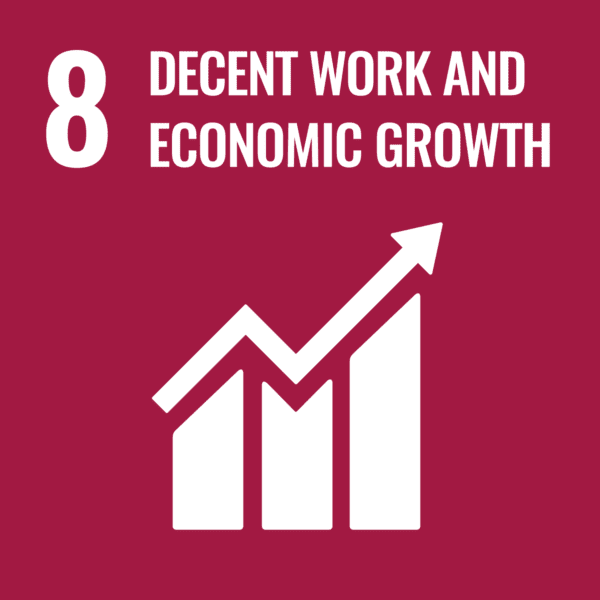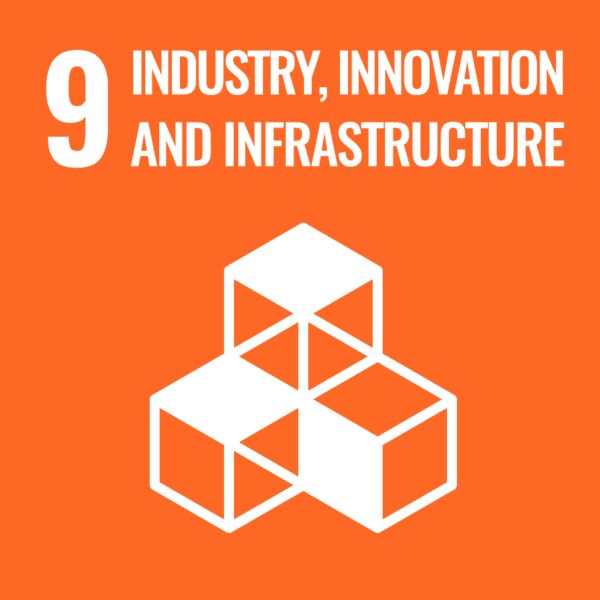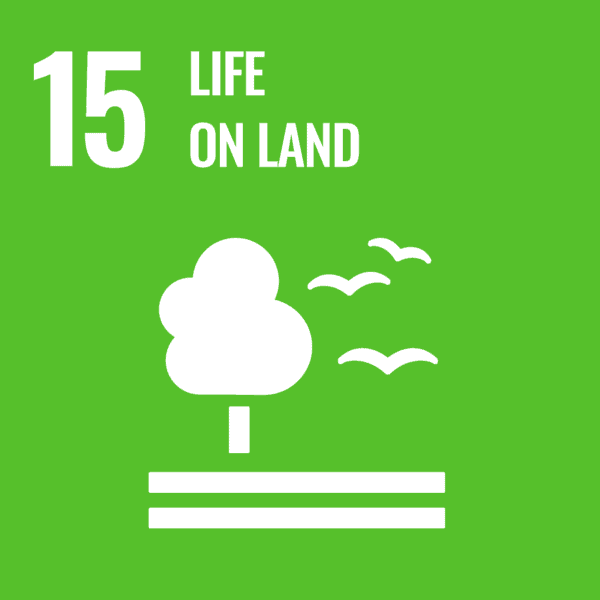Water efficiency and biodiversity conservation in the Colombian coffee sector
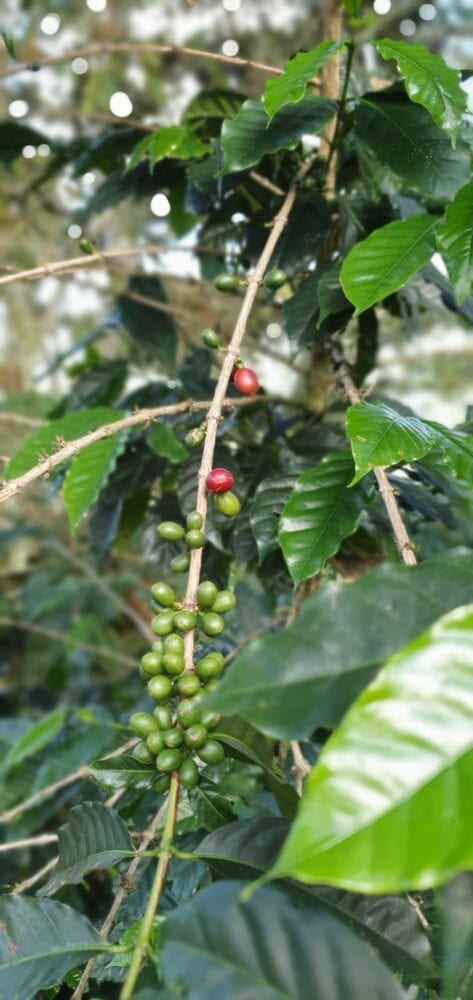
The “Improving Water Efficiency in the Coffee Sector in the Magdalena Region” project, funded by the Government of the Netherlands through the Partners for Water (PfW) program, aims to enhance water efficiency and biodiversity conservation in Colombia’s coffee sector. This initiative is implemented by a consortium led by AidEnvironment, in partnership with Fundación Herencia Ambiental Caribe and Deltares, focusing on the watersheds of the Aracataca and Fundación rivers in the Sierra Nevada de Santa Marta (SNSM). Covering 18,000 hectares of coffee plantations managed by over 5,000 smallholder farmers, the project seeks to balance the economic importance of coffee production with the preservation of downstream ecosystems, particularly the Ciénaga Grande de Santa Marta (CGSM), a UNESCO biosphere reserve and Ramsar site.
The Magdalena region faces severe water management challenges exacerbated by climate change. Since 1981, annual rainfall has decreased by up to 30mm, leading to water scarcity that threatens both coffee farming and the biodiversity of the CGSM wetlands, which rely on consistent upstream water flows. Traditional wet-processing methods and the use of agrochemicals contribute to water pollution, stressing both surface and groundwater resources. The region’s smallholder coffee farmers, who play a crucial role in sustaining the local economy, are particularly vulnerable to these environmental changes. Their limited financial capacity further constrains their ability to adapt, making it critical to find cost-effective, locally adapted solutions.
To address these challenges, the project adopts a two-phased approach that centers on active engagement with coffee producers. In the first phase, we work closely with local farmers to gain a deep understanding of their realities, challenges, and socio-cultural context. This participatory research helps us identify innovative water-saving and decontamination technologies that are tailored to their specific needs and financial capacities. Technologies such as green filters for water decontamination, methods for reducing agrochemical runoff, and innovative post-harvesting techniques for water-scarce conditions will be explored.
In the second phase, these technologies will be implemented on a pilot farm, ensuring they are both technically effective and culturally appropriate. We will treat each farm as a micro-watershed, focusing on enhancing water retention, reducing runoff, and improving soil health. By involving farmers throughout the process and providing training in sustainable practices, we aim to reduce reliance on chemical inputs and improve overall water management. A robust monitoring and evaluation framework will track key indicators such as water availability, soil moisture, and biodiversity health to assess the long-term impact of these interventions.
This inclusive and research-driven approach ensures that the solutions developed are practical, accepted by the community, and capable of achieving a lasting positive impact. Ultimately, the project aims to create best practices for water and biodiversity management in the coffee sector that can be scaled across other coffee-growing regions in Colombia.

